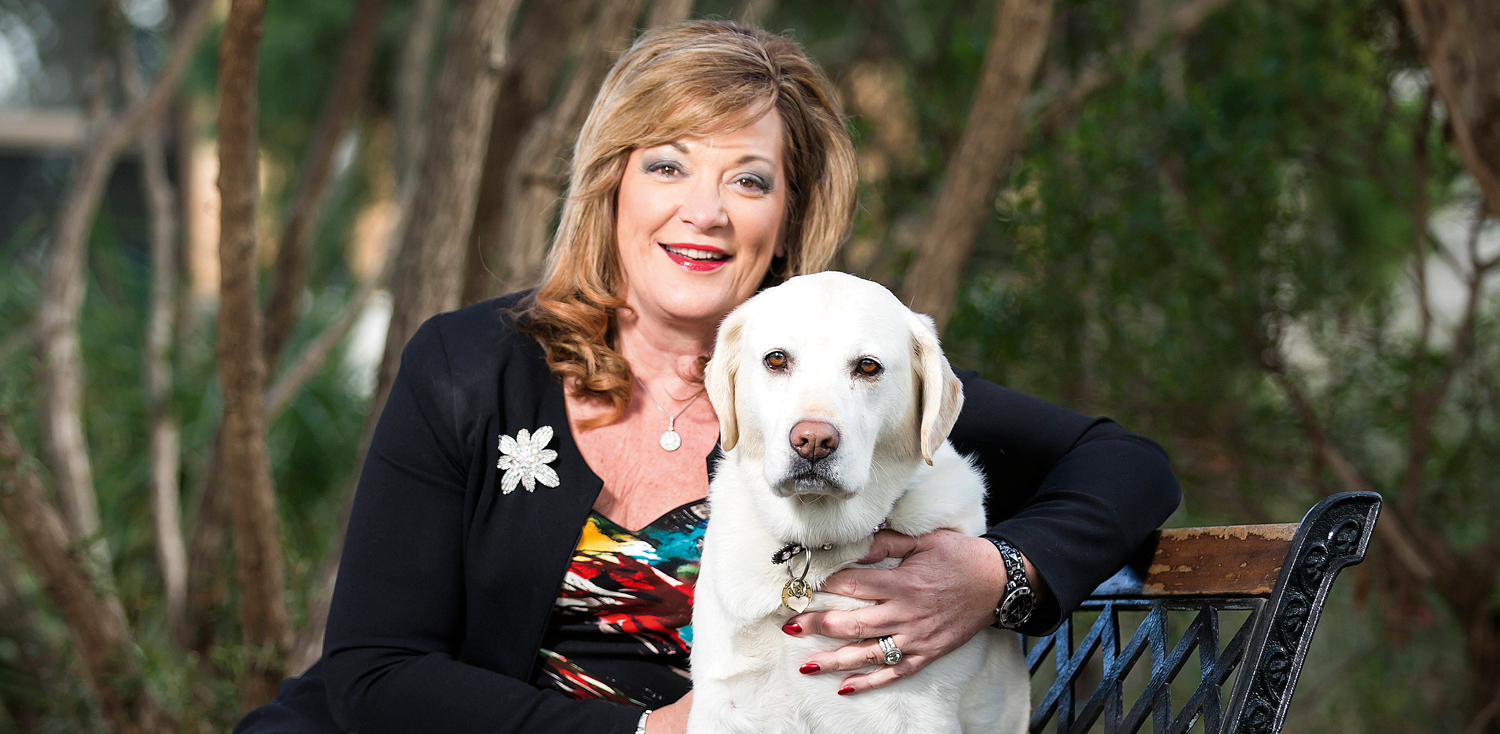By Lachlan Colquhoun
Karen Hayes FIML had decades of experience as a senior manager in business technology consulting when she realised that she wasn’t “bouncing out of bed every morning” to get to work.
After time working in Europe and Canada, she found herself back in Melbourne and sitting on a number of boards of not-for-profit organisations when the realisation struck: she was enjoying the not-for-profit world more than the commercial world where she had made her career.
She she set her sights on the much-coveted role of CEO at Guide Dogs Victoria. Having secured the position, she knew that the organisation needed to change.
The National Disability Insurance Scheme was about to begin and with it a new model of “self-directed” care, where people with disabilities would be the ones making choices on which services they use.
At the time, the philanthropic model was changing and this had major implications for an organisation that receives only 8 per cent of its funding from government.
“The days of corporates writing big cheques, handing them over and then just ticking their corporate social responsibility box are well and truly over,” says Hayes.
The vision was to move to a more sustainable model where Guide Dogs Victoria could maintain all the values that made it so beloved, but at the same time move towards being able to fund itself.
“It was about respecting the fact that the organisation had 60 years of great history, but also putting measures in place to make sure it survived and prospered 60 years and more into the future,” Hayes says.
Many of the staff, for example, had been at Guide Dogs Victoria for 40 years and the average tenure was 13 years. Hayes had come from an industry where the average stay was 11 months.
“I needed to respect the history, but not allow the history to hold us back,” she says.
Part of the reinvention was around communicating the fact that Guide Dogs does more than train and deliver the iconic guide dogs themselves.
Guide dogs are only around 30 per cent of what the organisation does, with the majority of the balance being in providing other services to the sight impaired. There are 250,000 people with low vision issues in Victoria, but most do not have guide dogs.
“We introduced a strategic plan, and that is about us being first choice as an employer, as a services provider, for people looking for an organisation to support with philanthropy and also for volunteers,” says Hayes.
“We are redeveloping our campus in Kew with the objective of diversifying our revenue stream with a vet clinic, a doggie day care centre, a dog friendly café, all of which will be revenue generating.
“We are going to build a low vision clinic and an educational auditorium, and introduce a level of predictability and sustainability in our financial model that has not existed previously.”
This is all in addition to the ‘Dialogue in the Dark’ experience in Melbourne Docklands, where people are led through an environment in total darkness and have to rely on other senses to interact.
Around 15,000 members of the public have been through the experience, which also employs a team of 20 blind people
as guides.
All these changes go right down through the organisation. All employees have balanced scorecards and KPIs that flow from the strategic plan and which are measured every year.
“When I came here I could see that this was an organisation full of individuals with very strong values,” says Hayes. “Now I feel we are also a values-based organisation with a plan everyone understands, so we are all moving in the right direction together.”



